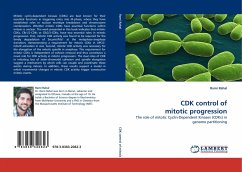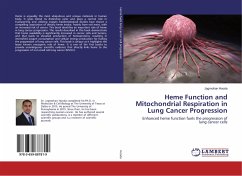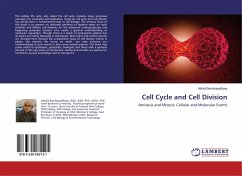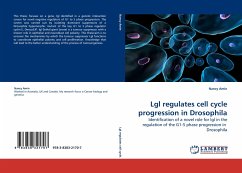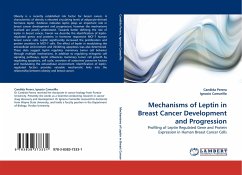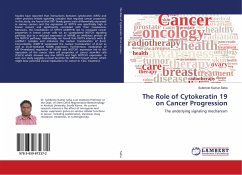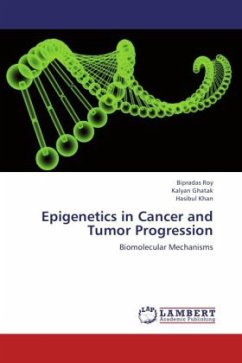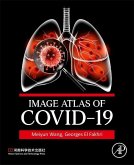Mitotic cyclin-dependent kinases (CDKs) are best known for their essential functions in triggering entry into M-phase, where they have established roles in nuclear envelope breakdown and chromosome condensation. Whether mitotic CDKs have essential functions within mitosis is unclear. The work presented in this book indicates that mitotic CDKs, Clb1/2-CDKs or Clb2/3-CDKs, have two essential roles in mitotic progression. First, mitotic CDK activity was found to be required for the timely degradation of Securin/Pds1 at the metaphase-anaphase transition, demonstrating a requirement for mitotic CDKs in APC/C-Cdc20 activation in vivo. Second, mitotic CDK activity was necessary for the elongation of the mitotic spindle in anaphase. This requirement for mitotic CDKs is independent of cohesin removal and thus constitutes a novel role for CDK activity in mitotic progression. The dual roles of CDK in initiating loss of sister-chromatid cohesion and spindle elongation suggest a mechanism by which cells can couple and coordinate these events during mitosis. In addition, these results support a model in which incremental changes in mitotic CDK activity trigger consecutive mitotic events.
Bitte wählen Sie Ihr Anliegen aus.
Rechnungen
Retourenschein anfordern
Bestellstatus
Storno

